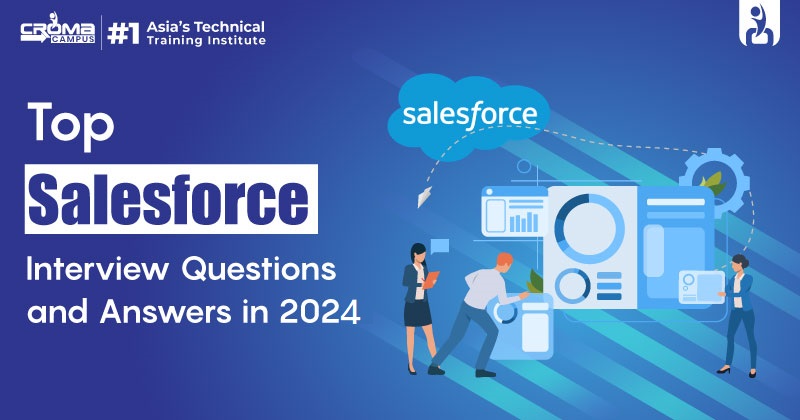
Human Resources (HR) management is an ever-evolving field that continuously adapts to new challenges and opportunities. With the rapid advancements in technology, changing workforce demographics, and evolving workplace norms, HR professionals must stay ahead of the curve.
This article explores the current trends in HR management that are shaping the future of work. If you’re considering an HR Generalist Course or any HR related Course, understanding these trends will help you stay relevant and effective in your role.
1. Emphasis on Employee Experience
One of the most significant trends in HR management today is the focus on employee experience. Companies are recognizing that happy, engaged employees are more productive and contribute to better business outcomes. This trend goes beyond traditional employee satisfaction surveys.
It involves creating a positive work environment, offering opportunities for growth, ensuring work-life balance, and fostering a culture of inclusion and belonging. HR professionals are now tasked with designing and implementing strategies that enhance the overall employee experience.
2. Increased Use of HR Technology
The integration of technology in HR processes is no longer optional; it’s a necessity. HR management software, artificial intelligence (AI), and data analytics are transforming how HR professionals work. Tools like applicant tracking systems (ATS), performance management software, and employee engagement platforms help streamline HR tasks and provide valuable insights.
AI can assist in resume screening, chatbot support for employee queries, and even predicting employee turnover. Enrolling in an HR Course that covers these technological advancements will equip you with the skills needed to leverage HR tech effectively.
3. Focus on Diversity, Equity, and Inclusion (DEI)
Diversity, equity, and inclusion have become central to HR management strategies. Organizations are increasingly committed to creating diverse workforces and inclusive workplaces. This trend involves not just hiring practices but also ensuring equal opportunities for growth, addressing unconscious biases, and fostering an inclusive culture.
HR professionals play a crucial role in developing DEI policies, conducting training sessions, and measuring the effectiveness of these initiatives. A Generalist Course often includes modules on DEI, helping you understand and implement these important concepts.
4. Remote Work and Hybrid Models
The COVID-19 pandemic has permanently changed the way we work. Remote work and hybrid work models have become the new norm. This shift has significant implications for HR management. HR professionals need to develop strategies for managing remote teams, ensuring productivity, and maintaining employee engagement.
Additionally, there are new challenges related to remote onboarding, virtual team-building, and cybersecurity. Understanding these dynamics and being able to navigate them is essential for modern HR practitioners. Many Courses now include content on managing remote and hybrid teams.
5. Continuous Learning and Development
In today’s fast-paced world, continuous learning and development are more important than ever. Employees expect opportunities for professional growth and skills development. HR management is evolving to include more robust learning and development programs.
This includes offering online courses, mentorship programs, and on-the-job training. By fostering a culture of continuous learning, organizations can ensure that their workforce remains competitive and adaptable. HR professionals must stay updated on the latest trends in employee development to design effective programs.
6. Employee Well-being and Mental Health
Employee well-being, particularly mental health, has gained prominence in HR management. The pandemic highlighted the importance of mental health support in the workplace. Organizations are now investing in wellness programs, providing access to mental health resources, and creating supportive work environments.
HR professionals are responsible for promoting well-being initiatives, conducting mental health awareness sessions, and ensuring employees have access to necessary resources. An HR Generalist Course can provide insights into developing and implementing these programs.
7. Data-Driven HR Decisions
Data analytics is transforming HR management by enabling data-driven decision-making. HR professionals are now expected to analyze data to gain insights into employee behavior, performance, and engagement. This data can inform recruitment strategies, identify training needs, and predict employee turnover.
By leveraging data analytics, HR can make more informed and strategic decisions that align with organizational goals. Enrolling in an HR Course that includes data analytics can equip you with the skills to harness the power of HR data.
Conclusion
Staying updated on the latest trends in HR management is crucial for HR professionals who want to excel in their careers. The focus on employee experience, increased use of HR technology, emphasis on DEI, remote work models, continuous learning, employee well-being, data-driven decisions, agile
HR practices, personalized experiences, and employer branding are shaping the future of HR. Enrolling in an HR Generalist Course or any relevant Course can provide you with the knowledge and skills needed to navigate these trends successfully. By staying informed and adaptable, you can ensure that your HR practices remain effective and aligned with the evolving needs of the workforce. So, what are you waiting for, get started with your journey today.









